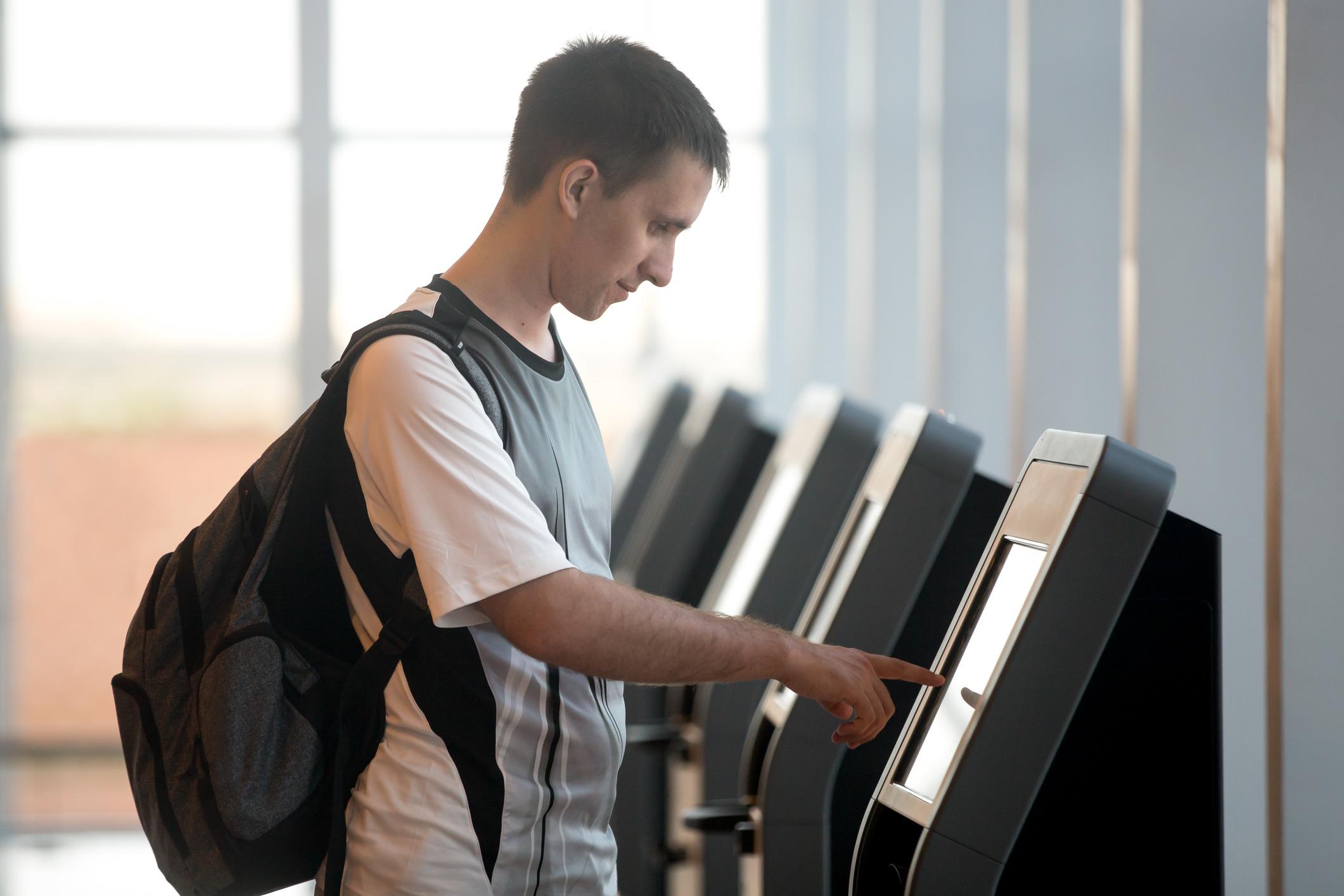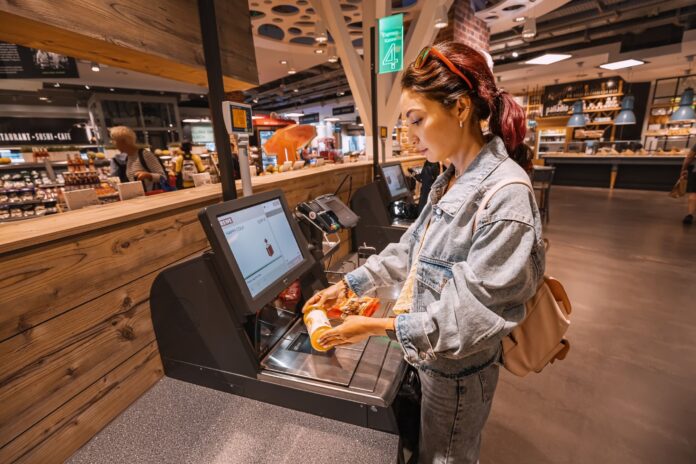The book is perfect – exactly as I imagined.
I clicked and paid, then received a notification that it was on its way, and another when it was in my mailbox.
Simple.
At a local pizza place at the end of an alley, I order and pay on the black and white square.
Hey presto!
The delectable food is plopped on my table at such speed, the staff member blurs on moving away.
My ‘thank you!’ hangs in their wake like contrails left by a speeding jet.
At the checkout, I can scan my own groceries – now even at my local Aldi, formerly the last supermarket giant to cling to uniformly person-powered checkouts.
At my local library, I scan my own card and check out a book.
It all works like a well-oiled machine.
I even get virtual thank yous and the occasional emoji smile.
But these experiences are soul-less – certainly contactless and human-less.
Robotic ordering and delivery have been around a while and click-and-collect had been growing, but the pandemic beat the nourishment that comes with human interaction about the head.
And it has not recovered, with businesses saving time and money by cutting out the pesky person in the middle.

I am not alone in feeling a mounting nostalgia for face-to-face interaction in our service industries.
There is a pang of missing the civilities, the order of things, the familiarity of the person you know not by name, but by smile and face.
Where human service remains, I actively appreciate it: the barista who knows me and my order, and the woman at the bakery who asks how my morning is going.
I worry what the move to de-humanised service means for others.
I am blessed to share my daily life with My Beloved – a man who is my best friend as well as my love and partner in adventure and debate.
But so many live alone.
They might work from home, too.
They might not have an exchange with another real person for days, even in an incidental kind of way.
To rob them of that verges on cruel.
There is more to come, with the forthcoming AI revolution being likened to the industrial revolution and digital revolution happening simultaneously.
Until it hits, let’s treasure the beauty of the human touch.
Dr Jane Stephens is a UniSC journalism lecturer, media commentator and writer.





